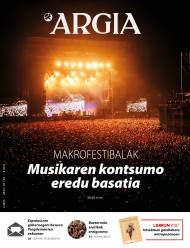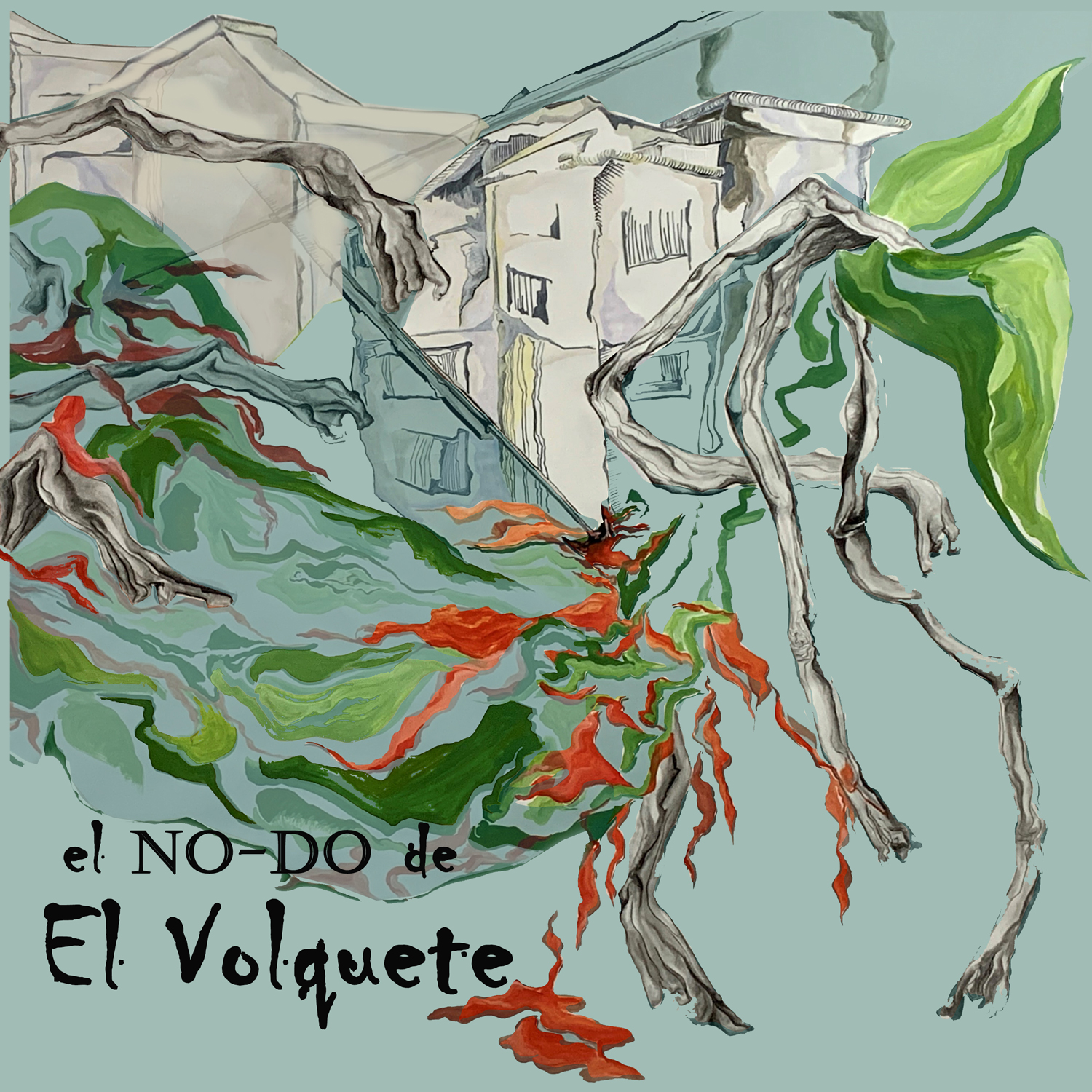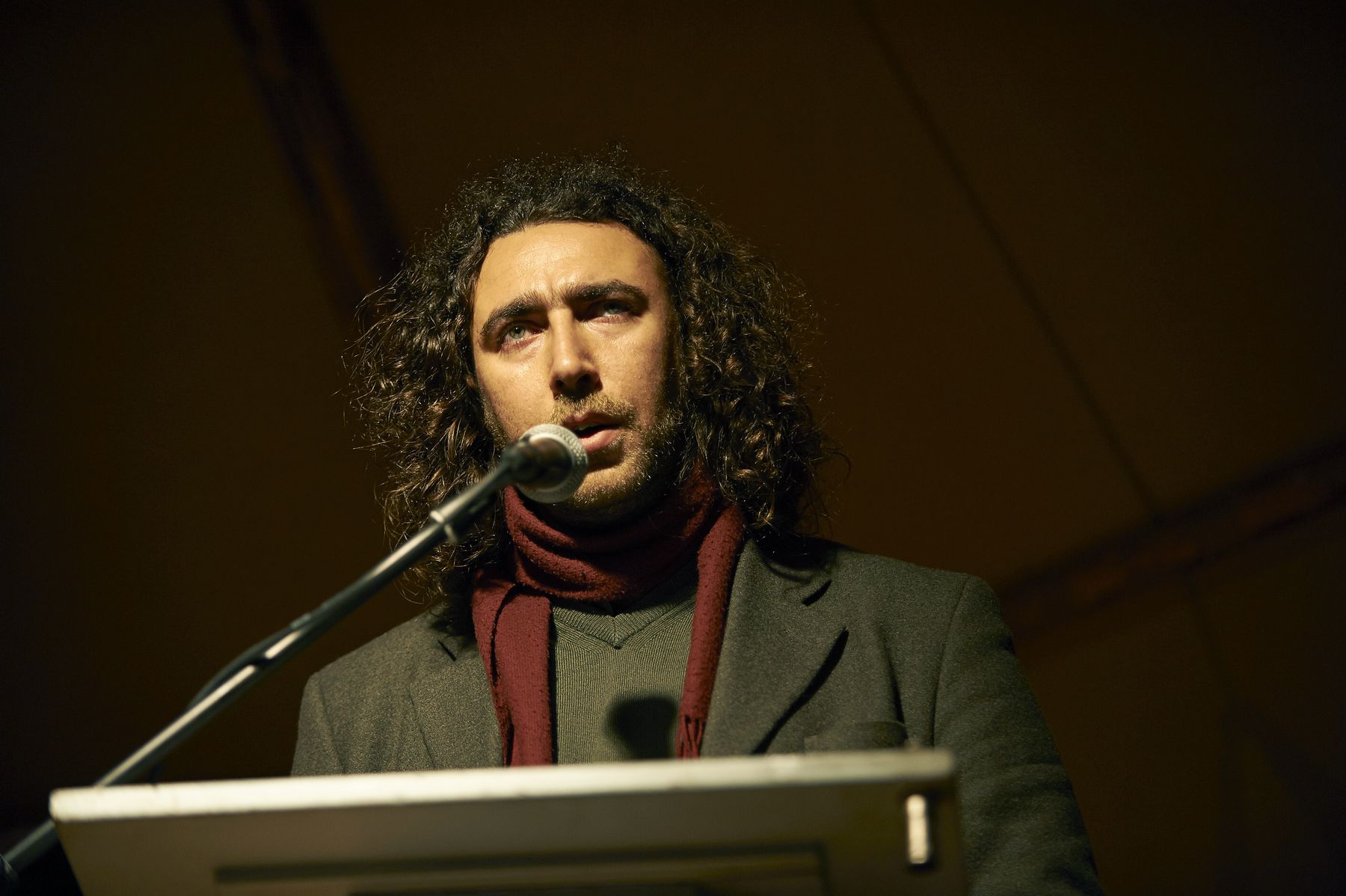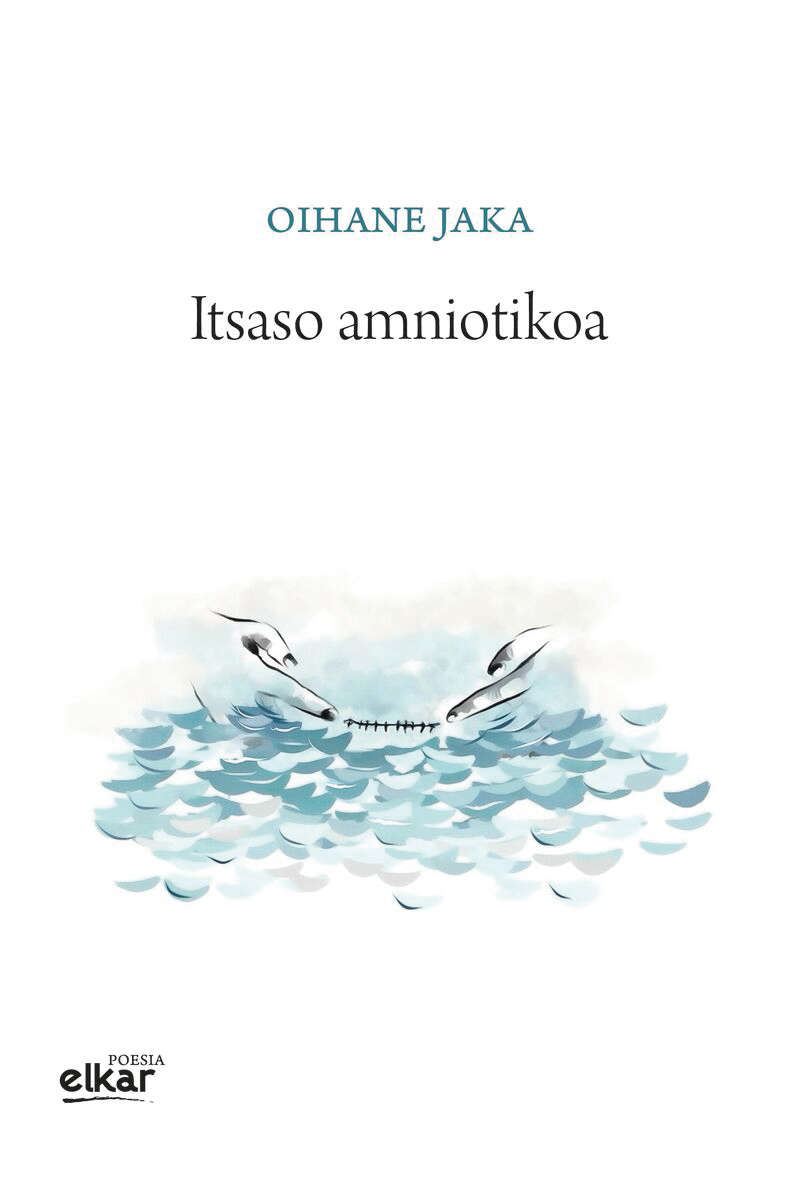Device to be exhausted
- The Woodstock phenomenon focused on macrofestivities that emerged in the spirit of what counterculture was, and fortunately antithesis still exists, but most have become the ultimate expression of capitalism: they promote mass consumption, they manage the market, speculate, precarize workers, exploit and deceive amateurs, even damage their health, as we will see in the report. They are organised by companies and in many cases are behind the investment funds. All this and more, financed by public institutions. We talk about BBK Live, the biggest artifact we have at home.
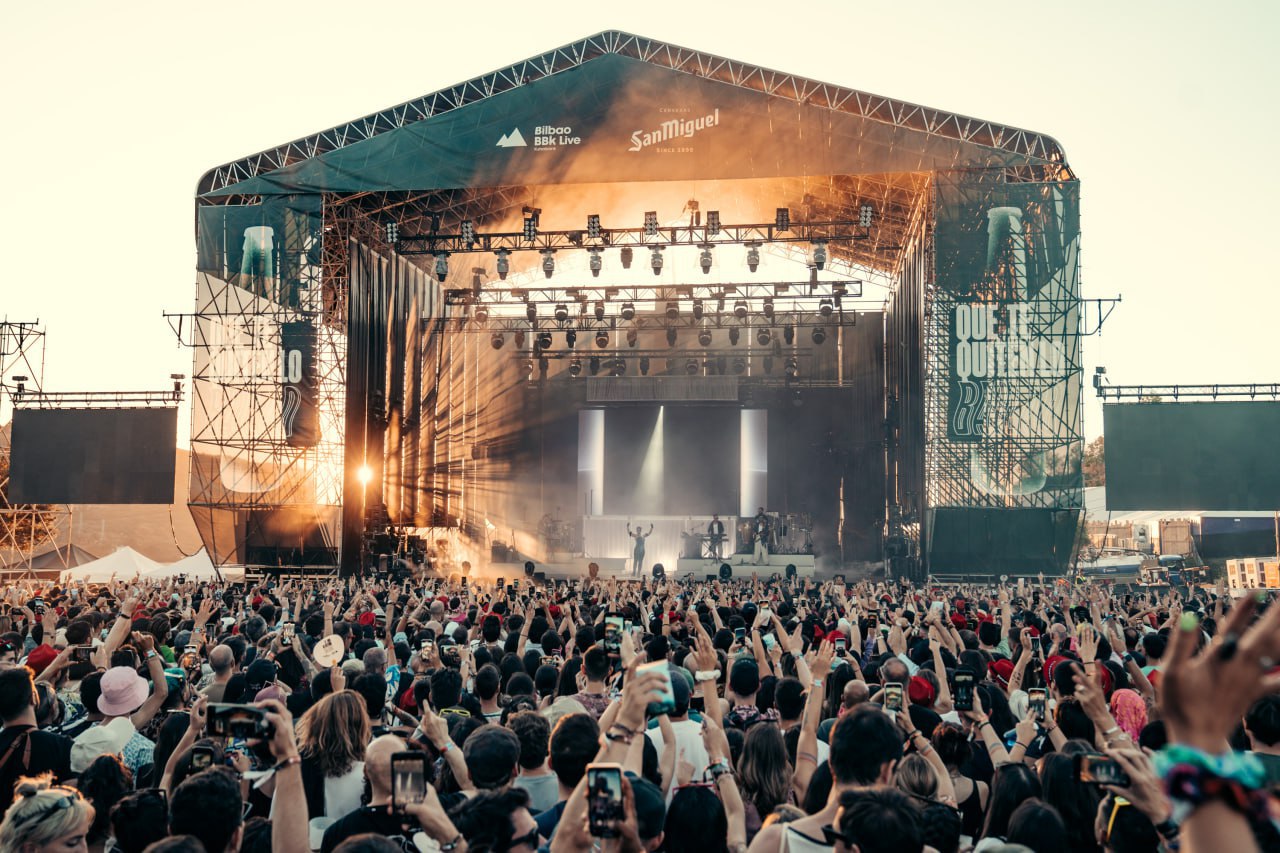
Sustainability has been the poster that presided this year at the BBK Live festival, as the organizers pointed out at the end of the three-day festival. They argue that after ownership: “Ours is a reference festival in commitment to the environment, combining music with consciousness with the environment.” By the way, they indicate that next year is already the dates and they buy tickets. An undeniable detail.
The macrofestivities have dressed the green flag of sustainability, especially in the time defined as post-pandemic. Journalist Nando Cruz and sociologist Jon Urzelai, among others, have studied this field perfectly. It is no coincidence that in the first quarter of 2023 two essays books on musical macrofestivals and the dynamics of these artifacts were published: the first, Macrofestivals. The black hole in music. Edit the black hole of music with the Peninsula editorial and the second Sus festak. Basque festivals in the 21st century with Susa.
Urzelai associates the contemporary phenomenon of macrofestivals with the fossil fuel era: “It is a cultural expression of fossil times; to the extent that we leave behind the era of fossil fuels, we must also leave this massive festival model, as there will be notorious tensions”. The fact that the organizers of the macro-festivals, increasingly in the hands of the investment funds, have begun to protect themselves under the green flag, a green approach that will become increasingly important in the society of the future, and it is better to stress that you are “green” than not saying anything. Or there's another hypothesis: that you're poorly aware of what you're doing and you feel like you have to stress.
What is the basis of the BBK Live festival to highlight the “sustainability” of this year’s poster or headline? There is no need for in-depth studies, because it is they who argue. One: 3,000 people have walked up to Kobetamendi. Two: in the festival a painting or similar painting has been placed to "raise awareness". Three: around the tabside there are green tarpaulins that look like or are leaves. And four: three euros per entry will be used to repair the damage suffered by the fires in Balmaseda and its surroundings – one idea: the three-day payment was 200 euros.
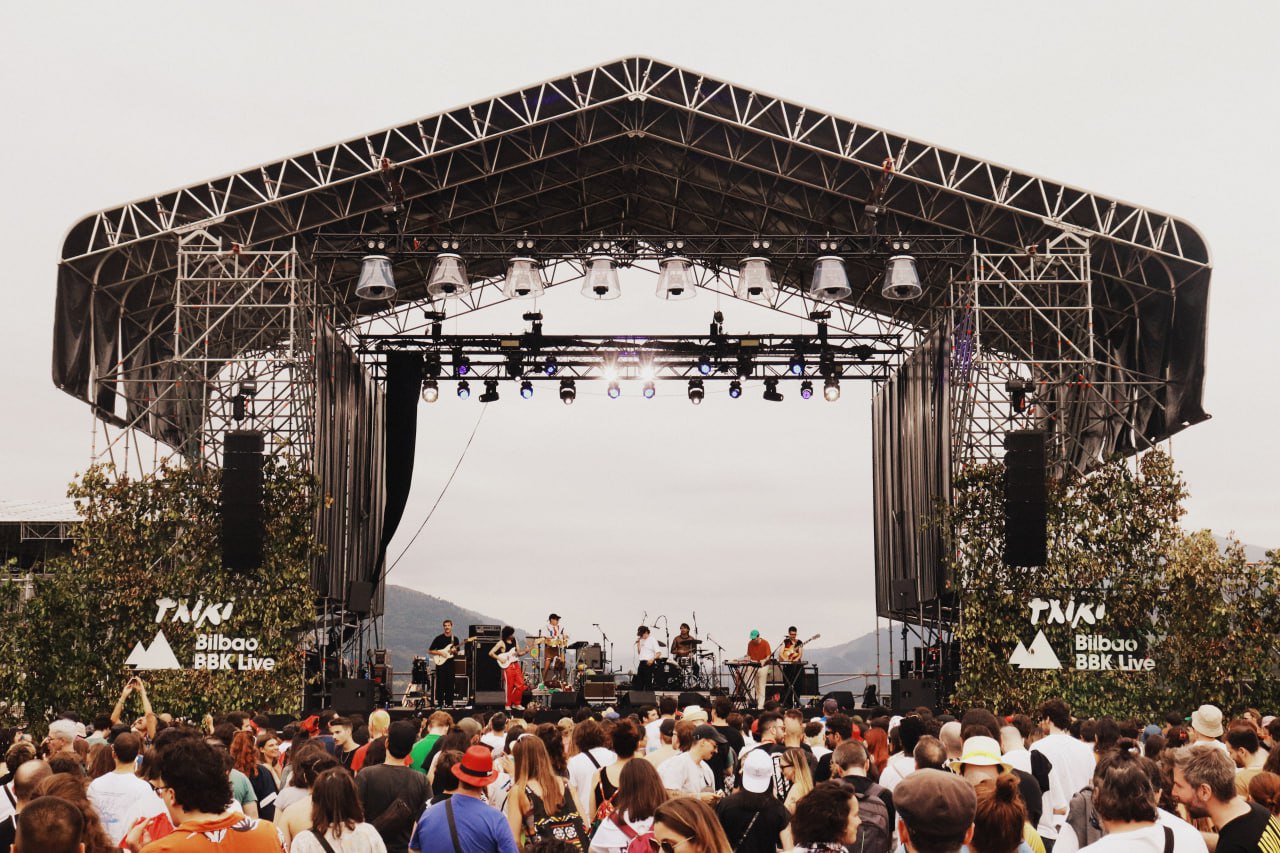
“These things are fine, honestly, OK. But I think responding with such shattering to that colossal challenge ahead is not serious,” Urzelai said to ARGIA. It even considers that these measures should not be taken into account. In the same way, Cruz speaks in the book quoted, especially in the last chapter, called “garbage”, and links directly to tourism, besides mentioning those tons of garbage that are generated in the festival.
In fact, all the research that has studied how to make sustainable macro-festivals says that the problem is the transportation of people, because the model itself demands attracting foreign people, because contemporary cultural consumption is intimately linked to tourism. The organizers also give bellows to the presence of foreigners, ask if not BBK Live: one in four was Araba, Bizkaia and Gipuzkoa in the last edition – which we should say “also”, curiously, because each year is the same percentage.
By the way, speaking of quantities, the organization says 120,000 people have participated in Kobetamendi. But it's annual and happens at all festivals that have the same model, where the visitor who spends the three days is counted three times. Urzelai speaks discontent about this: “It’s not that hard to tell, lie, you know, and what’s hard to understand is that the media keeps it, I don’t know how to allow it.”
The post-Guggenheim era The
city model and the exploitation of musical festivals coincide in this part of the century and many have spoken for years on the subject. In an excerpt from the book Zuloa (Elkar, 2018), Xabier Ganarain, it was stated that Euskal Herria is part of a people that has become nothing but merchandise, and that the Basque institutions only intend to place the Basque brand in the international showcase. It is a trend that has long been marked by the Guggenheim, and in the same context we must also understand the European capitality of the culture of San Sebastián 2016. Obviously, it's not just a matter of what's going on in us, but international cities are competing to put their names on the map.
Urzelai says it is a “concrete form” of understanding culture, especially talking about home: “Everything is to attract people, a model that depends on tourism and hospitality.” And thinking is not an unfounded occurrence. The mayor of Bilbao, Juan Mari Aburto, announced in the last election campaign a series of large-scale acts to attract people, to promote tourism.
Bringing the Tour de France follows the same logic, removing the flags with the logos of EiTB and Kutxabank and organizing in the presentation act the actions of harrijasotzailes and aizkolaris, as the goal of the great institutions is to break with the Basque identity. Urzelai believes that the theme of the Tour has been treated very uncritically and that very few critical views have been heard: “If the promoters of this paradigm share these flags, it is a less transgressive action.”
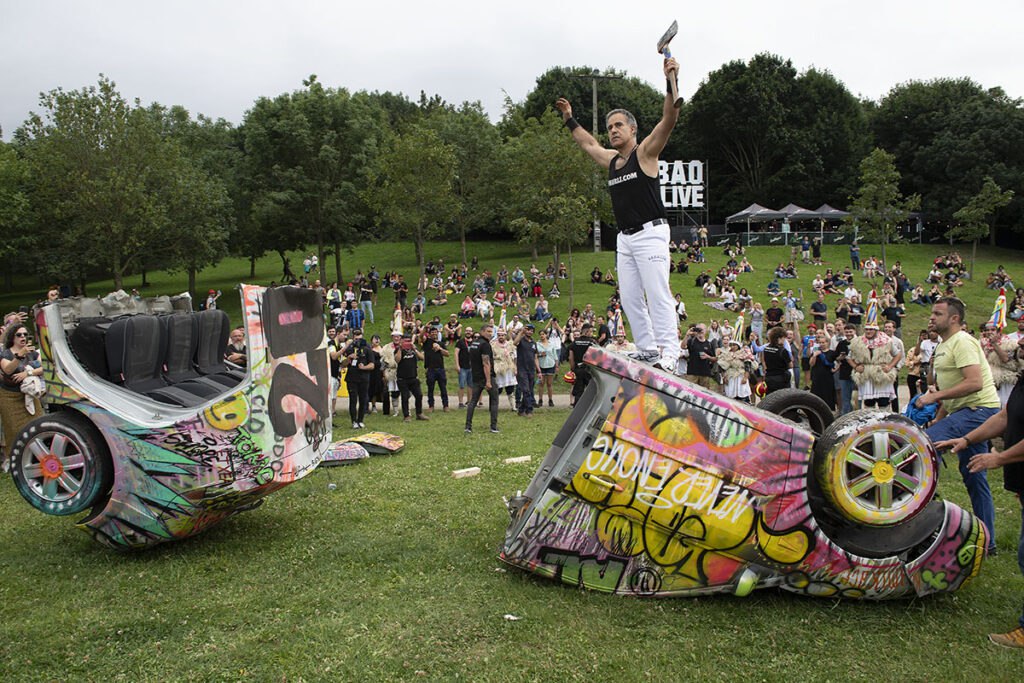
In the case of festivals, Urzelai has gone back in his book and gone to its origin, to the time of the first festivals, which have an aura of origin. But there is nothing more to compare the ups and downs and downs of then and now to realize the paradigm shift. Woodstock of EE.UU. It was a myth in which there were, for example, student movement stands, trade unions and social agents, revolutionary leaflets; the Mairuelegor festival, which was held in Zigoitia, turned 50-60 years ago into a place of this kind of demand.
Watch the recent BBK Live festival: Idealist, one of the main players in the housing speculation market, has set its starting point at Kobetamendi and the airline Vueling. Citing flights, SkyScanner also advertises on your forums, especially in English. The mere fact that airlines are behind it shows that there is a desire to promote foreign tourism, and in this connection an obvious anecdote: According to Urzelai, in a past edition of the festival it was cheaper to buy a subscription in London than to buy in Euskal Herria. This included the pack, which is still working: three days of music festival in Kobetamendi, a surf course in Zarautz and a trip to Pamplona, San Fermín. Organizing the return days of San Fermín is no coincidence, it is recognized by the representatives of the City Council of Bilbao.
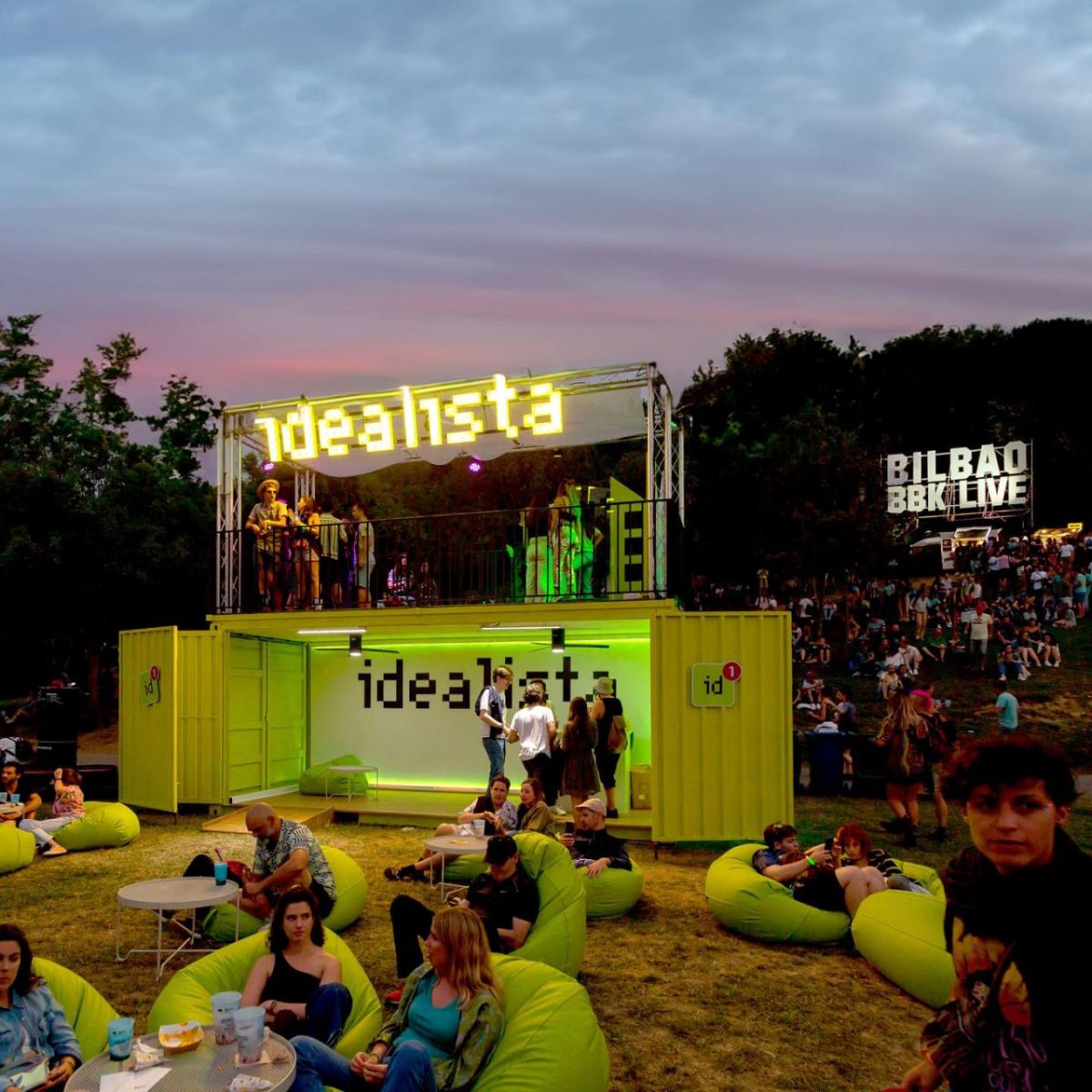
“They have become artifacts of attracting foreigners,” says Urzelai. The transformation has been very evident: “The original artifact of transformative intentions and in many revolutionary cases has become something that opposes them and that frustrates them.”
The company behind the BBK Live is well known in Hego Euskal Herria, where it organizes several macro-activities of the same model. Last Tour is certainly an agent to keep in mind. The Donostia Festival has been organized so far, the Azkena Rock Festival, in which everything started, the jump that was made, the Santaspascuas in Pamplona, BIME, La Merced in Bilbao and the BilboRock, are about to open a room with the restaurant service in Bilbao, besides having an editorial and a label.
Urzelai says that his relationship with the institutions of the Basque Country is "significant" because the private company "receives all the facilities nobody else has": "In the town and city that organize the Last Tour, what has happened with the smaller festivals is very clear: they can organize their project in any neighborhood of the city with all the facilities. Collectives and local agents are not allowed to organise any of this – beside the sea, in the natural heritage or under certain conditions – and a private company comes, assembles its own, financed by the institutions, and nothing happens here”.
In some edition of the BBK Live it was cheaper to buy the fertilizer in London than in Euskal Herria
In addition, these types of events are offered free of charge. The case of BIME is obvious, because the concerts are free of charge, and the organisation – expenditure or investment – that underlies this is not in vain. Urzelai: "Who pays? In the case of BIME, the Etxepare Institute, the Department of Tourism of the Government of Navarra... And musical groups each pay. In other words, Etxepare can pay both the Government of Navarra. How much? By entity. There is no common criterion."
Urzelai believes it is a matter that should concern people: "The organizations and Last Tour are an obvious gear, are well maintained and function properly in their criteria. We don't really know where the relationship ends." It is known that the head of Last Tour requested the vote for the PNV in the 2019 elections.
Institutional participation without
the support of public institutions, macro-festivals are not supported. Let us not say those who organize in Euskal Herria, who receive more than the “great” festivals of the Spanish State.
BBK Live receives annual aid of about 1.5 million million dollars, about 15-20% of the total budget, and in Azkena Rock, too, one in five euros is allocated by public institutions. It is a direct money, because it is a lot that is indirectly put: special bus services, additional days of munizipals, extraordinary work of cleaners... All of them, in the case of BBK Live, are provided by the City Council of Bilbao.
We have already mentioned this, investment funds have made their way into major music festivals. For example, a vulture of this kind has just bought the company of the prestigious festival Resurrection Fest in Galicia, which also owns the festival Viña Rock and Tsunami Xixón. Galicia and Asturias are based on metal, punk, post-punk and hardcore; we have to take into account the political relationship that these genres have historically had, in many cases near anarchism.
What has happened with the Xixon festival is significant: Vox enters the municipal government, in charge of the festivities, and with it the organizers meet to get the necessary funds. That is, the department that manages Vox will fund the punk festival that depends on a putre background. Two groups of music have said that they will not play there, and the agents who do not want to create a shudder have tried to reduce the controversy and channel it through the back door.
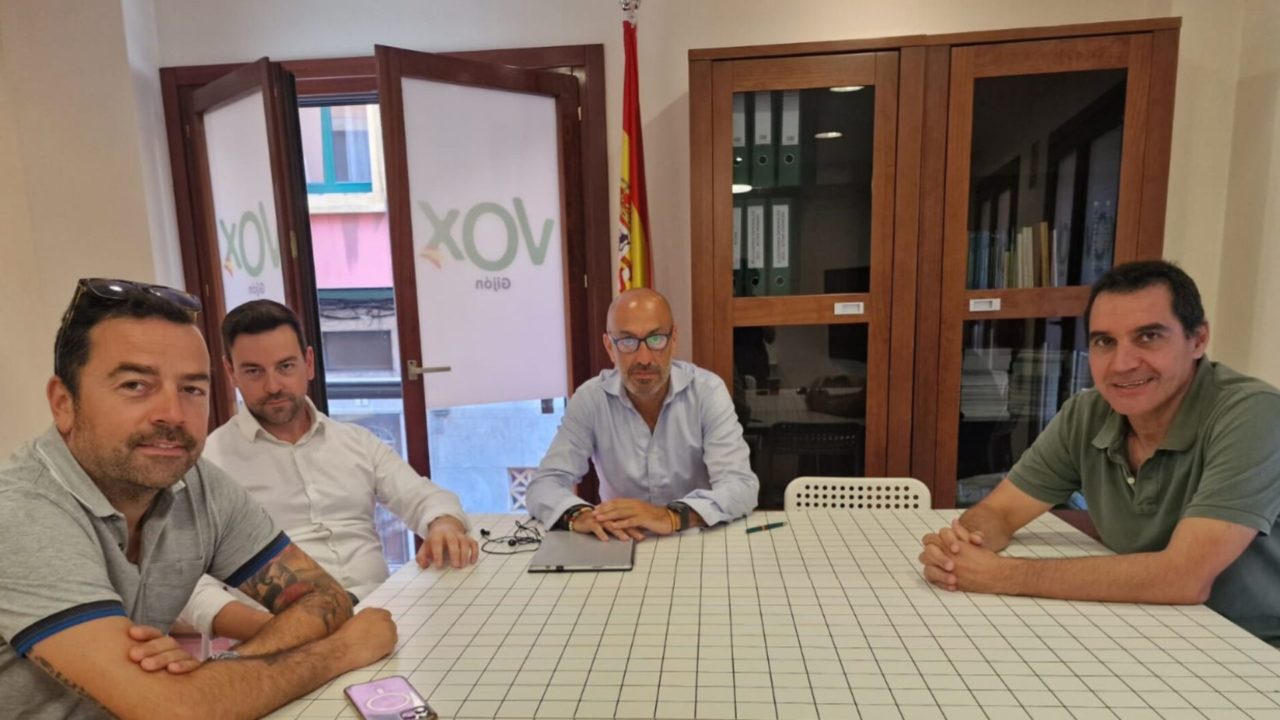
Amateurs' health: anxiety
An unforgettable experience, very cool, but you should put your feet on the ground. And it's that with the health of amateurs, you do business, often without the amateurs themselves becoming aware of it. This extreme example says everything: a visitor who last year was at the prestigious Primavera Sound festival in Barcelona climbed a catch of his mobile health app, "has rested an hour and seventeen minutes in bed and made 36,000 steps during these days."
It has been shown that excessive physical fatigue affects mental health, the ability to make reasonable decisions or develop emotions. This has been emphasized by journalist Nando Cruz. “Minutes without music or noise are oxygen both for oneself and for music itself.” Of course, this causes anxiety and health problems can arise especially in the days after the marathon. But one of the characteristics of the massive model is that, in the best cases, these are multi-day musical performances ranging from four in the afternoon to six in the morning, until a concert ends and the second starts off relentlessly.
Speaking of anxiety and emotions, we must cite a doctoral thesis of the cultural manager Jordi Oliva of 2021. He compared BBK Live with the San Sebastian Musical Quincena through a survey of about three hundred visitors about the emotional burden. The most positive results were obtained in the Musical Fortnight, as the positive effect was longer in time, and because watching a concert, by far, sitting and resting is much better than watching successively eight performances that do not last for an hour, standing, in the sun and little rested. Visitors to BBK Live said that tension, long queues, fatigue, agglomeration and overcrowding were disappointing, but they could come back to them.
According to experts Cruz and Urzelai, major festivals are also the worst places to “live”, enjoy musical and artistic discipline. Most of all, because they are half-hour concerts. "Maybe it's a topic you're seeing over time, but once it's clear, it gets disgust," says Cruz in the book. Maybe at some point the bubble will burst.
[Read here the interview by the friends of Directo to the journalist Nando Cruz, translated by ARGIA by license CC BY, S.A.)
*****************
Mad Cool
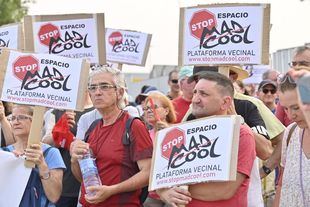
On the outskirts of Madrid is held in the district of Villaverde, one of the poorest neighborhoods of Spain, just 300 meters from their homes. In it the City of Madrid has built a "Cultural City", a stable space, beyond Mad Cool, in which close to 100,000 people gather. In a single month they have seven major performances scheduled.
The public transport offer is low and only increases on specific days. Streets are filled with cars like Taxi and Uber. And the noise. Denounce that 100,000 people, many of them tourists, are very harmful to the coexistence and rest of the neighbors in a neighborhood of these characteristics and in a festive atmosphere dute.pun
Similar complaints have been made by residents of the Kobetamendi area in Bilbao: transport, poor accessibility and noise.
***************************
Working conditions: should be precarious
Maximum expression of capitalism. The key element for achieving these objectives is missing: the exploitation of the workforce.
The data are not clear and the reason is obvious. Last year, according to figures released by various media outlets, about 4,000 people worked around BBK Live.
Scenarios: They are usually mounted in a hurry, with fewer employees than necessary and under the sun. Last year the tabled fell into two parts of the Spanish state: In Valencia, at the Medusa festival, one person died and twenty viewers were injured; and in Compostela, during the assembly of the festival O Son Do Camiño, 20 workers were hit.
Hospitality industry: They sign an eight-hour day in the contract, but they reach sixteen hours. According to the Eragin Bilbao movement and the LAB trade union, the price of the hour was about four euros, some less, according to the outsourced company.
Stands: Javier worked at the festival's sponsor commercial stands, El Mayo picked up his words. He signed an eight-hour day, worked 45 hours in three days. They paid him five euros.
Inputs and outputs: Under the sun, if possible under a umbrella, they would spend twelve hours. If there was little traffic, they had to collaborate in cleaning or safety.
Safety: As May received, one person worked 49 hours in three days. That is, over sixteen hours a day. At the end of the festival he signed the contract, according to the document he worked four hours and the remaining 45 he collected them in a black envelope. Time EUR 5.
Even though I felt like Escorbutin in my youth, Antton Carretero, born in Aramaio, has always had
a longer look: punka yes, of course, and the kinya is better, but he looks at many other styles going through prejudices, canallagos, more sensitive… All of them help to bring... [+]
We opened the poems book by Oihana Jaka and found two deals. One father and another son. It is worth noting for its direct relationship with the poems we will find. The book is structured in three parts:
Hamaika urte, Hamaika hilabete eta Hamaika egun. Number eleven is also... [+]









